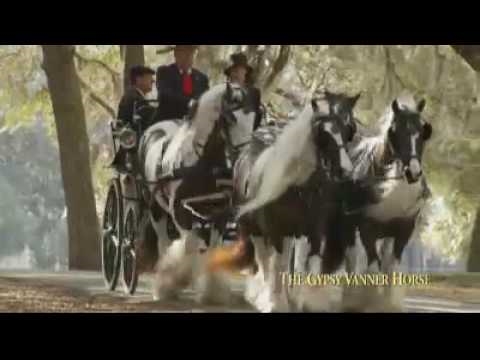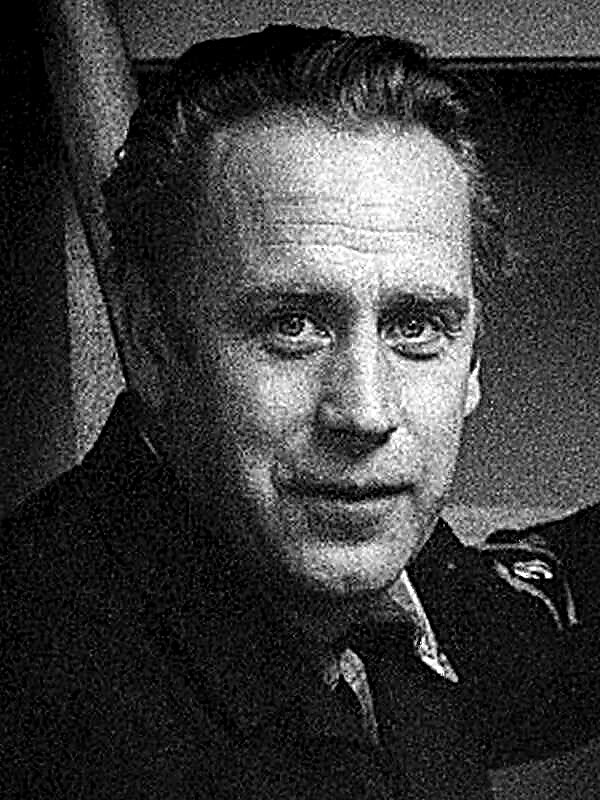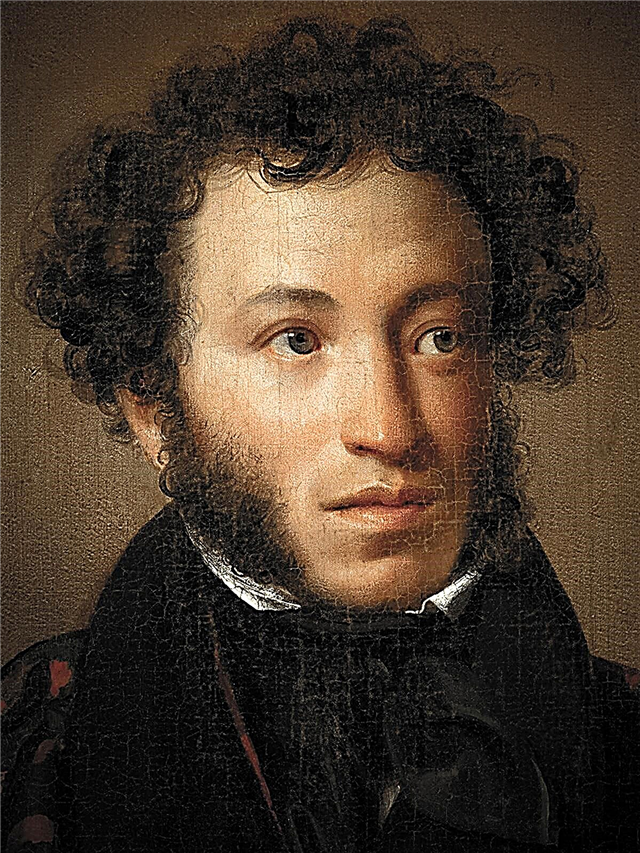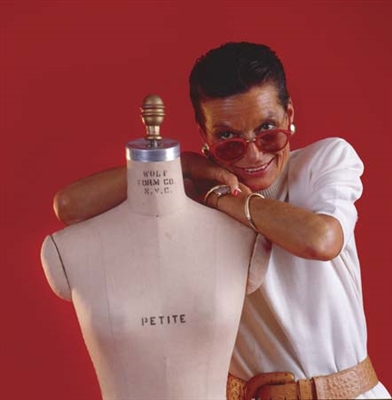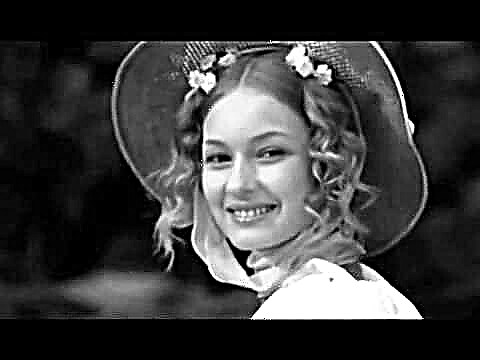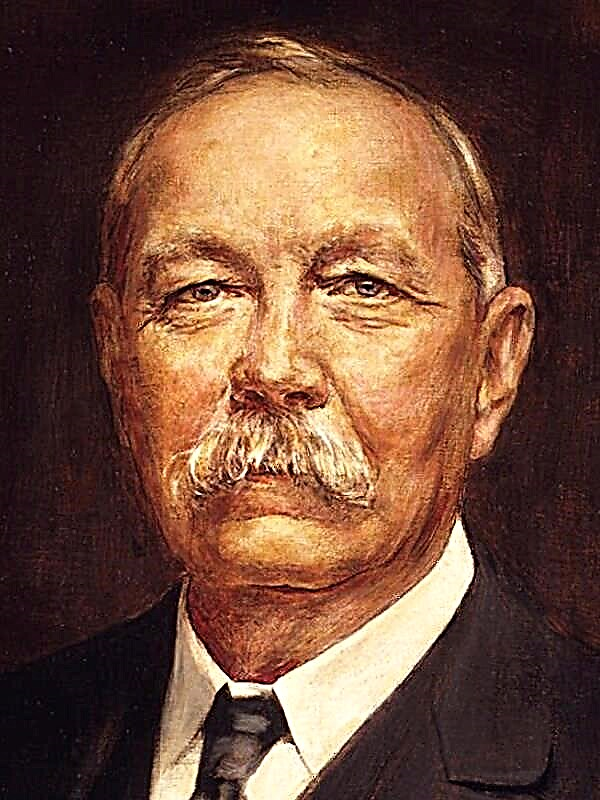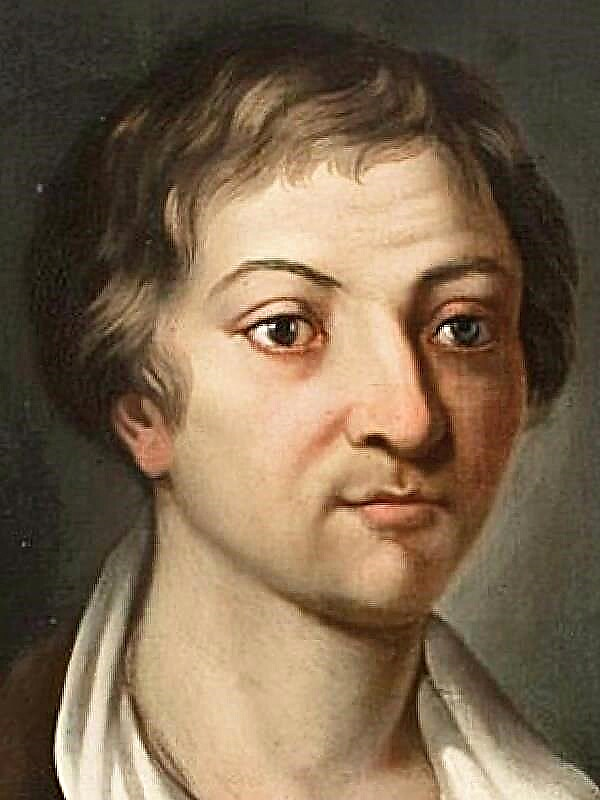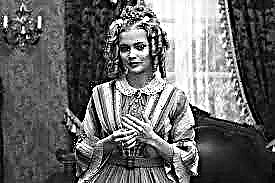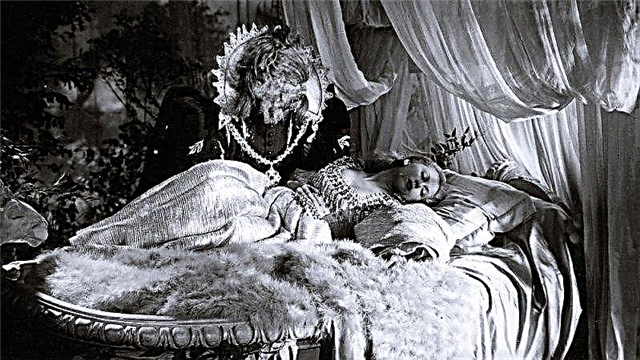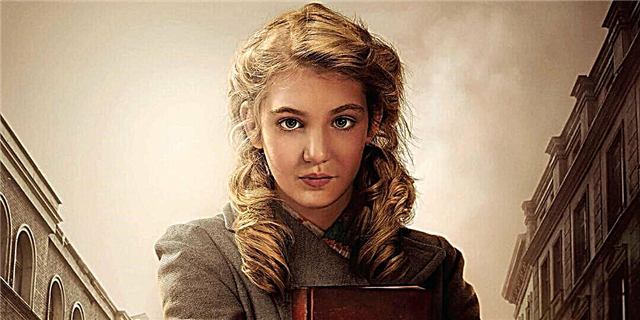The history of our country is filled with wars and bloodshed, and many writers touched on this topic in their books, showing that no difficulties can break the spirit of Russian people. One of these works was Tolstoy’s short story “Prisoner of the Caucasus,” based precisely on the opposition of the human spirit and the vicissitudes of fate.
History of creation
The story is based on a real case from the life of Leo Tolstoy, which happened to him during his service in the Caucasus.
During the Caucasian war of the mid-19th century, Nicholas 1 decided to send troops to the Caucasian lands in order to conquer and conquer. But the mountain people did not want to give up so easily, ambushes began to be created for Russian soldiers, many were eventually captured. Tolstoy barely managed to avoid a similar fate, thanks to a colleague who saved him from the chase.
Genre, direction
This work is considered a story, but some literary scholars call it a story. Nevertheless, in terms of the number of heroes and storylines, in volume, this book is closer to the story genre.
The direction in which the author worked is called “realism”. It is characterized by the image of real life, the main events from such a book never go beyond reality.
Essence
In this story, we get acquainted with the life of a young officer serving in the mountains of the Caucasus. The main character, Zhilin, having received a letter from a sick mother, goes on a journey with Kostylin, a wealthy heir. On the way there is a barrier in the face of the highlanders, they are trying to capture the young officer. The partner let him down, trying to escape, because of this, both are captured. By the will of fate, both young men meet again in captivity with the new owner.
Officers are given a chance to escape by asking for a ransom. Kostylin decided to take advantage of this and asked his family for money in return for his life, Zhilin cheated, indicating the wrong address of his mother’s house. She is too poor to give the necessary amount.
They try to escape, but because of the awkwardness, nagging and weakness of Kostylin, they are again caught and placed in more stringent conditions.
Ultimately, Zhilin manages to escape with the help of a young girl, Dina, the daughter of their kidnapper. They became friends, because the captive interested her with his kindness. And so, the young officer had already reached his homeland, while Kostylin was only bought by relatives.
The main characters and their characteristics
The author gave his heroes speaking surnames. So, "Zhilin" comes from the word "vein", it is the tendons that are responsible for the strength of the limbs. Therefore, this character is distinguished by strength, perseverance and courage. But Kostylin is a derivative of the “crutch”. This is a hint of the weakness and soreness of a young man, as if he is not able to live a normal life. You will find a more detailed comparative description of officers here.
- Zhilin - A Russian officer, from a poor family, is trying to achieve everything in life independently. A very brave, principled and strong hero, during the course of the story we can observe that even the people who captured him were imbued with respect for the young man. The characteristic of Zhilin is visible by his actions. He takes care of his mother, puts her well-being above his life. In any conditions, he thinks soberly and does not lose hope of achieving his goal. In the relationship shows kindness and friendliness.
- Kostylin - Russian officer, also captured. This hero is the exact opposite of Zhilin, he is a cowardly, clumsy, weak, it is difficult for him to navigate in dangerous situations. Unlike Zhilin, Kostylin quietly awaited a ransom. He always hopes for others, but he himself is not able to do anything. He is spoiled for life in luxurious apartments, where money in a society solves all problems, but a person simply does not need intelligence, strength and determination. He receives all the blessings by inheritance and does nothing to increase them. Here is the characteristic of Kostylin.
Themes and Issues
- The main theme of the story was courage and courage Russian officer, which in a broad sense can be considered as the strength of the Russian people. Whatever difficulties may arise on the way, a person will be able to collect all his courage and get out of the most difficult situations. The opposing hero shows what can happen if you allow cowardice to take up.
- Also in the story is present betrayal problem. Zhilin trusted Kostylin, but when he escaped it played a cruel joke with him, and the officer had to use all his talents and courage to still get free. Kostylin also became the culprit of all the injustice that occurred, since it was he who was scared and did not cover his comrade. This is the main problem in the book.
- In addition, L. Tolstoy affects the topic of class inequality. The rich man is used to living at the ready, he does not need to work and develop. And the poor man is simply forced to put all his strength into staying afloat. The author condemns the high society in the person of Kostylin for his infantility and inability to live.
- The writer talks about kindnessas a mandatory quality of each person, regardless of nationality. Although Dina was brought up among the slave traders, she did not have time to intercept their habits and customs. She evaluated a person by virtue, and not by money, origin or ethnicity. The wisdom of a woman who despises war and wants peace is hidden in her act.
- War problem also worries Tolstoy. The Russian soldiers disrupted the peaceful course of life of the mountain peoples, the emperor wanted to subjugate them to his will at the cost of bloodshed and eternal struggle, because the highlanders did not give up, and the Russian people continued to give their lives. This political squabble forced the locals to brutally and vindictively capture those who came to their land with a sword.
The main idea
The writer urges people to become simpler and closer to the people and to real life needs, this is the main idea of all his teachings, which he explained in small and uncomplicated books. Using the example of Zhilin and Kostylin, he shows that excesses and idleness of life destroy virtue and the mind. A real person should have only necessary things, refuse surpluses, and then his spirit will grow stronger, and his natural abilities will be fully revealed. Heroes have to face terrible trials, captivity tests their spirit for strength, their mind for resourcefulness and cunning. And in this struggle, the one who is truly worthy of victory wins. Money, values, ranks and ranks are powerless; it is not with them that one should measure the dignity of an individual.
The meaning of the story is that in life people always face different difficulties, so you need to use all your skills to cope with the vicissitudes of fate, and not hope that you can pay off. A person must get rid of the illusions that give him money and ranks, and make real wealth - mind, courage and kindness.
What does it teach?
Tolstoy’s morality is that no matter what difficulties get in your way, you cannot turn back, you need to get together and act until the goal is achieved. You must not allow circumstances and people to pull you down, but at the same time you need to show mercy and kindness to others. Only such a person can be appreciated, because he has one, and not one.
The conclusion from the story follows a simple one: wealth and ranks are not measures of human nobility. Only virtue can be recognized as its real advantage. And money and connections only spoil the person, because they inspire her with false confidence in her superiority.

